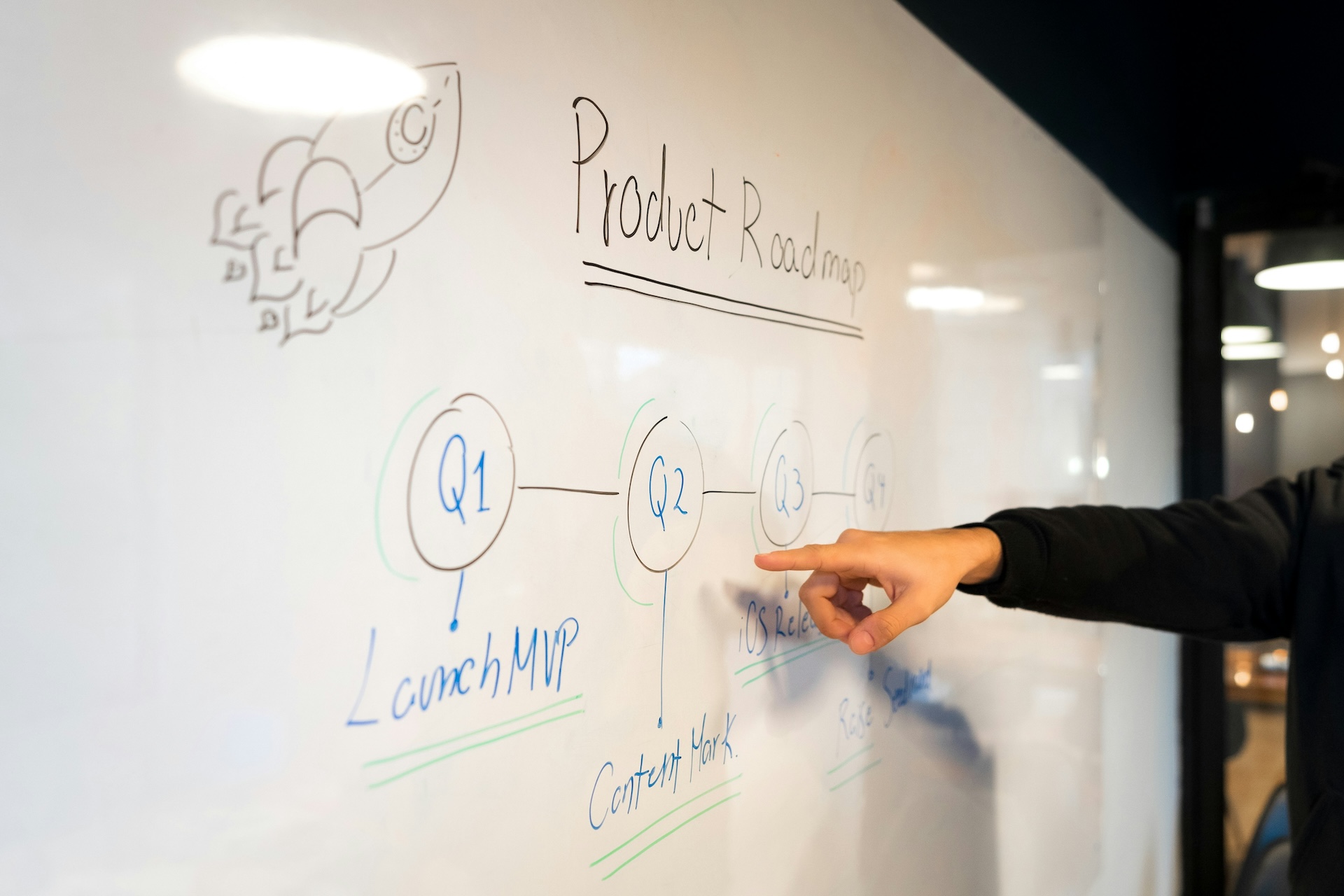In 2023, startup investments in Italy stopped at just over 1 billion euros in total, representing a decline of just under 40 percent from the previous year, a trend that was evident not only in our country but also in other ecosystems and is due to the general slowdown in independent venture capital funds, corporate venture capital funds, and government funds.
In the year just begun, the crisis will act as an accelerator for the rebirth and renewal of startups in Italy, making way for more solid companies. The decline in investment can be blamed on complicated and interrelated macroeconomic factors, such as geopolitical uncertainty, rising interest rates, and galloping inflation, which have given rise to a climate of insecurity and caution.
Nevertheless, these hiccups do not represent a decline in the industry, but instead a much-needed and fruitful phase of renewal. It is well known that in times of crisis the market tends to exclude less productive ventures or those that do not bring significant added value. In the context of our startups, this phenomenon is facilitating the disappearance of business ideas that were perhaps too reckless, while more solid companies, established in innovation and technological science, that can effectively activate them in the market are emerging.
In fact, startups that focus on enhancing technology solutions for businesses, such as planning for integrated management of data, information and business processes; reducing costs and inefficiencies to increase the effectiveness and efficiency of the entire business system; artificial intelligence; and unstructured data (big data), are getting more attention from traditional businesses, which are beginning to consider them true partners.
On the other hand, labor shortages have created conditions in which medium-sized companies will be increasingly engaged in looking for alternative hypotheses to maintain turnover levels; and in this context, investing in technology becomes a necessity. Emerging companies that can offer cutting-edge technology solutions can use this opportunity to strengthen their market position by offering small and medium-sized companies the gimmicks to robotize processes, increase efficiency and decrease dependence on traditional labor.
Mix of opportunities
This mix of novelty, the exclusion of less productive startups, the focus toward business-to-business solutions, i.e., the commercial space in which companies exchange products, services or information with other companies, and the need for midsize companies to make use of cutting-edge technologies, is generating a fertile climate for the development and success of startups in the renewal field.
This environment provides ideal conditions for the emergence of new businesses and the growth of existing ones that can thus emerge in a market more aware of the relevance of technological innovation. Right now some consultants are looking at the world of medium-sized companies, which are certainly more active and growing. In turn, these companies, which need innovation and projects to stay in the fast-changing market, can benefit from the ‘experience and expertise gained by startup consultants, thereby facilitating the growth of demand for cutting-edge products from SMEs and helping to create an environment in which the best innovative startups will have the best opportunities for development.
To do all this, startups urgently need credit. To this end, the European Commission has welcomed the European Innovation Council’s new work program offering loans worth about 1 billion euros in the current year. A large part of the funds allocated is for SMEs and startups to enhance and develop innovations based on deeptech technologies in areas such as space, biotechnology, robotics, quantum computers, semiconductors and advanced materials development that are having an explosion, as broad as it is deep, that is a unique opportunity for our companies.
Available capital, a decent level of research and development, the need to involve small businesses and deeptech startups in projects, difficulties in finding qualified people, and an industrial policy infrastructure that only the NRP can reawaken, are the challenges on the horizon. Meanwhile, new startups are being born: for example, 150 have been born in Milan since the beginning of 2024, more than one a day, rounding up the regional plateau to 3,000. Numbers that come from a path made of openness, exchange and confrontation that brings together different skills and knowledge and innovation itineraries that have increasingly obvious spillovers in the world of services revolving around businesses. Moreover, in recent times, not a few technologies have come of age: artificial intelligences are definitely among them. For businesses, it is primarily a matter of employing them in the most effective way. (Photo by Slidebean on Unsplash)
ALL RIGHTS RESERVED ©
